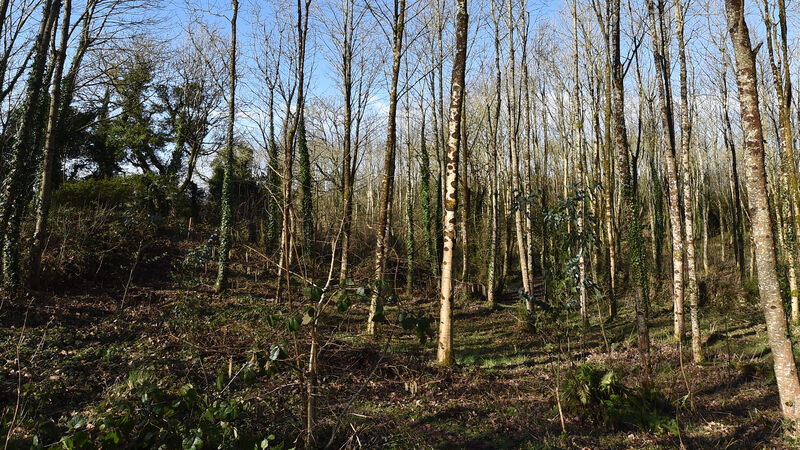'Moral duty' on government to help foresters devastated by ash dieback losses

A straight twenty-five-year-old ash tree used for the making of hurleys in an ash plantation in County Limerick that has ash dieback. Picture: Dan Linehan
There is a moral obligation on legislators to help forestry owners meet huge financial losses after ash dieback disease wiped out their plantations, it was claimed during a Senate debate.
Ash dieback, which originated in Asia and was brought to Europe in the early 1990s, was first detected here in 2012 on imported plants. Now prevalent across the island of Ireland, experts say it is likely to cause the death of most ash trees here over the next two decades.











